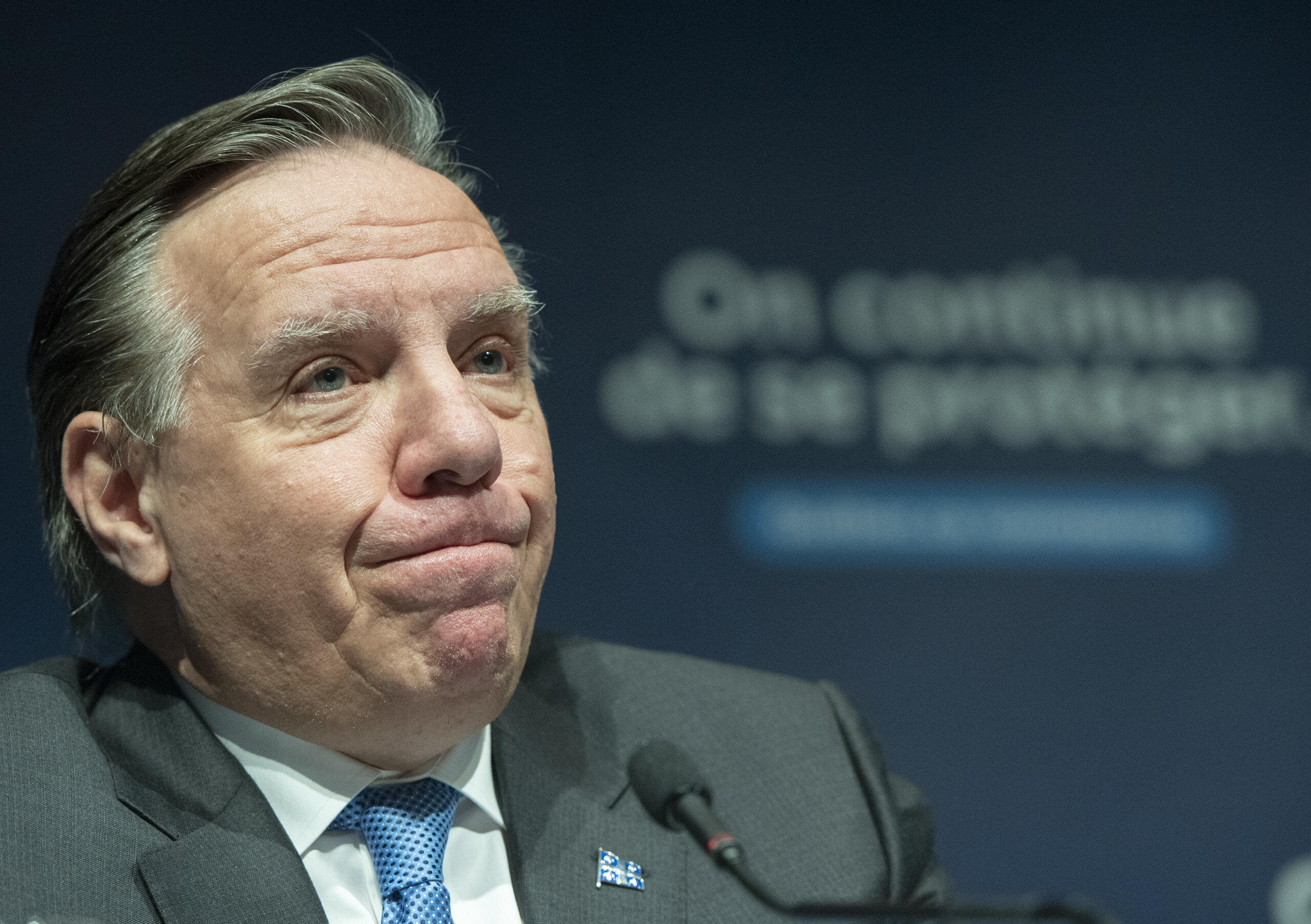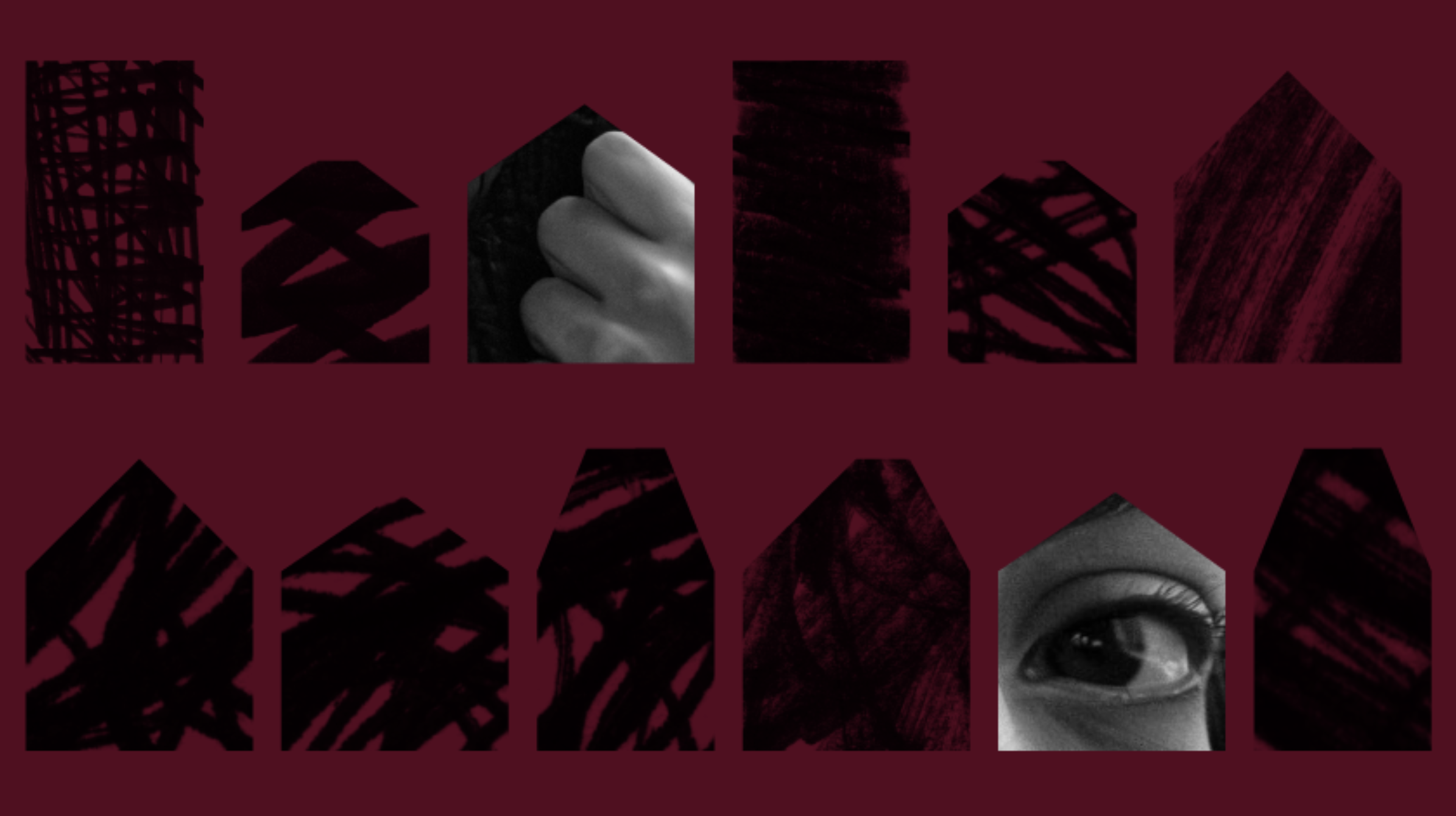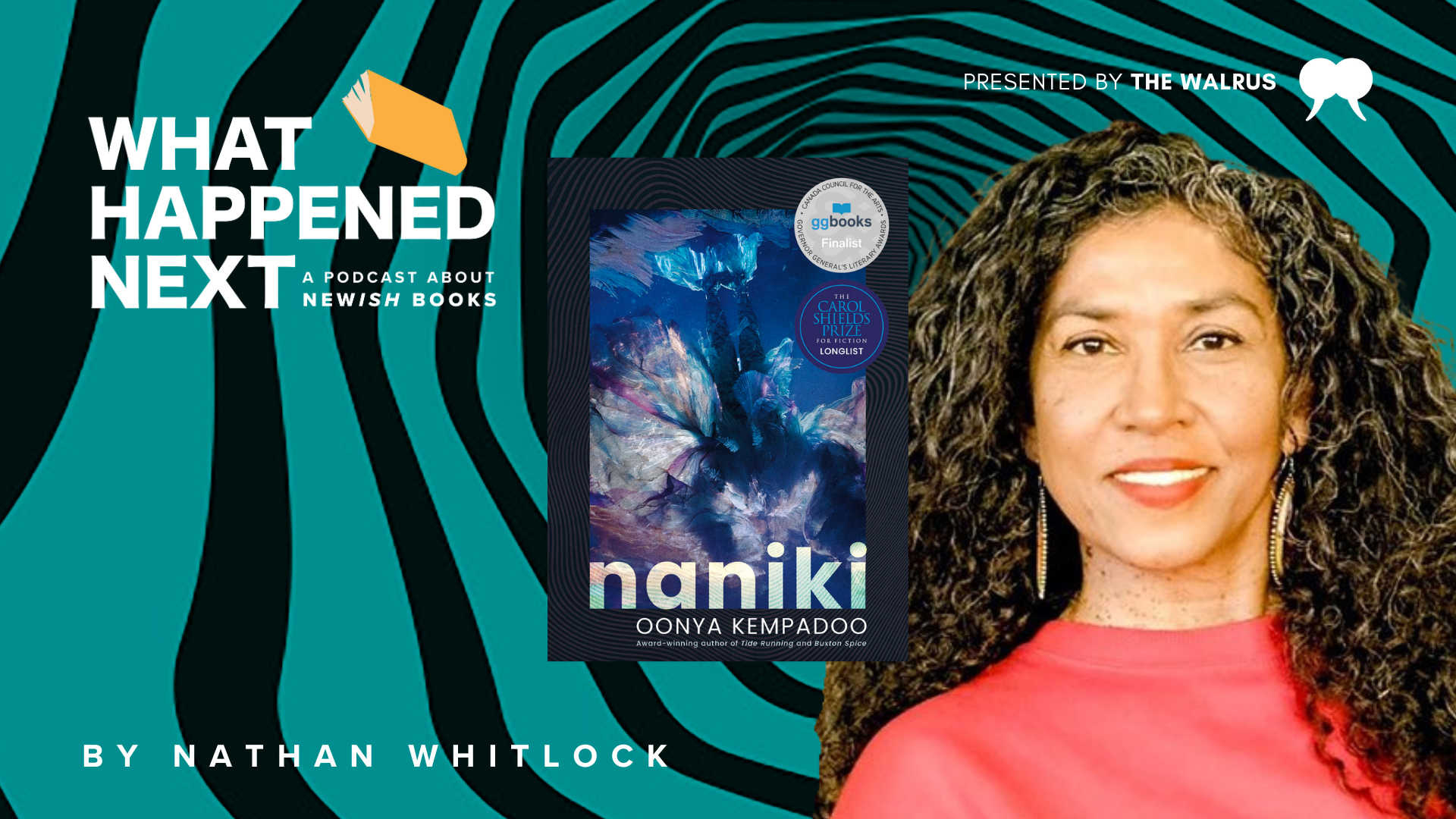|
|
|
|
This Week's Round-Up: November 24, 2025 |
|
|
|
|
Bill 2 has triggered strikes, resignations, and an unprecedented wave of physicians preparing to leave
BY TOULA DRIMONIS
|
 |
The legislation is completely overhauling the way doctors are paid, tying compensation to performance metrics that doctors call unrealistic, especially after the government’s own $1.5 billion in health care cuts led to the very shortages and delays it now claims to want to fix. These cuts have severely compromised the system’s efficiency and have left staff with fewer resources and restricted access to medical care—problems well beyond doctors’ control. Even more alarming, physicians warn, the new law threatens their constitutional right to dissent, imposing fines of up to $20,000 per day for public protest.
Doctors say Bill 2’s oppressive requirements penalize them for the governments’ own failings.
|
| Read or Listen to the Story
|
|
|
|
|
|
|
|
|
|
|
|
|
|
|
|
|
|
|
|
|
|

|
A new federal government is setting its sights on a stronger, more resilient Canada—and the key to getting there is homegrown innovation.
Join us in Ottawa or online for an inspiring evening of rapid-fire talks from award-winning researchers and pioneering experts. In dynamic seven-minute presentations, they’ll share how groundbreaking innovation is creating real-world impact—and how Canadian research is defining tomorrow's possibilities.
|
| Join Us
|
|
|
|
A MESSAGE FROM THE WALRUS LAB IN PARTNERSHIP WITH AURA FREEDOM
|
 |
Behind Closed Doors: Taking Action on Canada’s Femicide Crisis
|
November 25 marks the start of the 16 Days of Action Against Gender-Based Violence, a global campaign drawing attention to the realities women and girls face every day. This feature looks at why Aura Freedom International is placing bright pink doors around Toronto and why the organization is calling on Canadians to recognize femicide as a national crisis.
|
| Learn More
|
|
|
|

|
This week on What Happened Next, host Nathan Whitlock is joined by author Oonya Kempadoo. Her most recent novel is Naniki, published by Dundurn Press in 2024. It was longlisted for the Carol Shields Prize for Fiction and was a finalist for the Governor General’s Literary Award. Oonya and Nathan talk about the ongoing immersive art project that inspired her to write her latest novel, about why she took such a long break from writing fiction after the publication of her third novel more than a decade ago, and about how writing and publishing Naniki has sparked a new desire in her to return to being a
novelist.
|
| Listen Now
|
|
|
|
 |
Change Your Tune
While raising several important points, Luc Rinaldi’s “The Death of the Middle-Class Musician” (July/August) suffers by putting a misplaced emphasis on reforming a broken system rather than existing outside of it. As an independent musician myself, I understand railing against paltry Spotify payouts, SiriusXM gutting CBC royalties, and so on. But the only two prospective solutions Rinaldi explores—universal basic income and celebrities advocating for fair pay from streamers—are broadly insufficient and politically uninspired. I’m more drawn
to the idea of success that Rollie Pemberton details in the final paragraphs: pressing a small run of records, touring to sell them, and playing to a decent crowd in each city you pass through. This idea of music as a labour of love, a modest living driven by community engagement, provides the clearest path forward under the current circumstances. The erosion of the middle class in this country is not a problem unique to artists; the solutions for widening wealth inequality lie entirely beyond the music industry. While these problems persist, independent music may again be relegated to a self-sustaining, alternative culture with little incentive to dull the corners for external financial stability. Perhaps that’s not such a bad thing?
Jack MacKenzie
Montreal, QC
|
| Read More
|
|
|
|
|
|
Don’t turn your back on the facts
|
Every day, the ground under factual reporting gets shakier. AI is making dis- and misinformation harder to detect, and fact-checking departments in media are being stretched too thin or disappearing altogether.
Your support is needed now more than ever at The Walrus to keep the facts available to all. All the original reporting we publish is rigorously vetted, and your donations are the biggest reason we can do it. That’s why we need your help.
If you’re able, support The Walrus in bringing you the facts every day.
|
|
|
— Sean Young
Fundraising & Engagement Officer
|
|
|
|
|
|
|